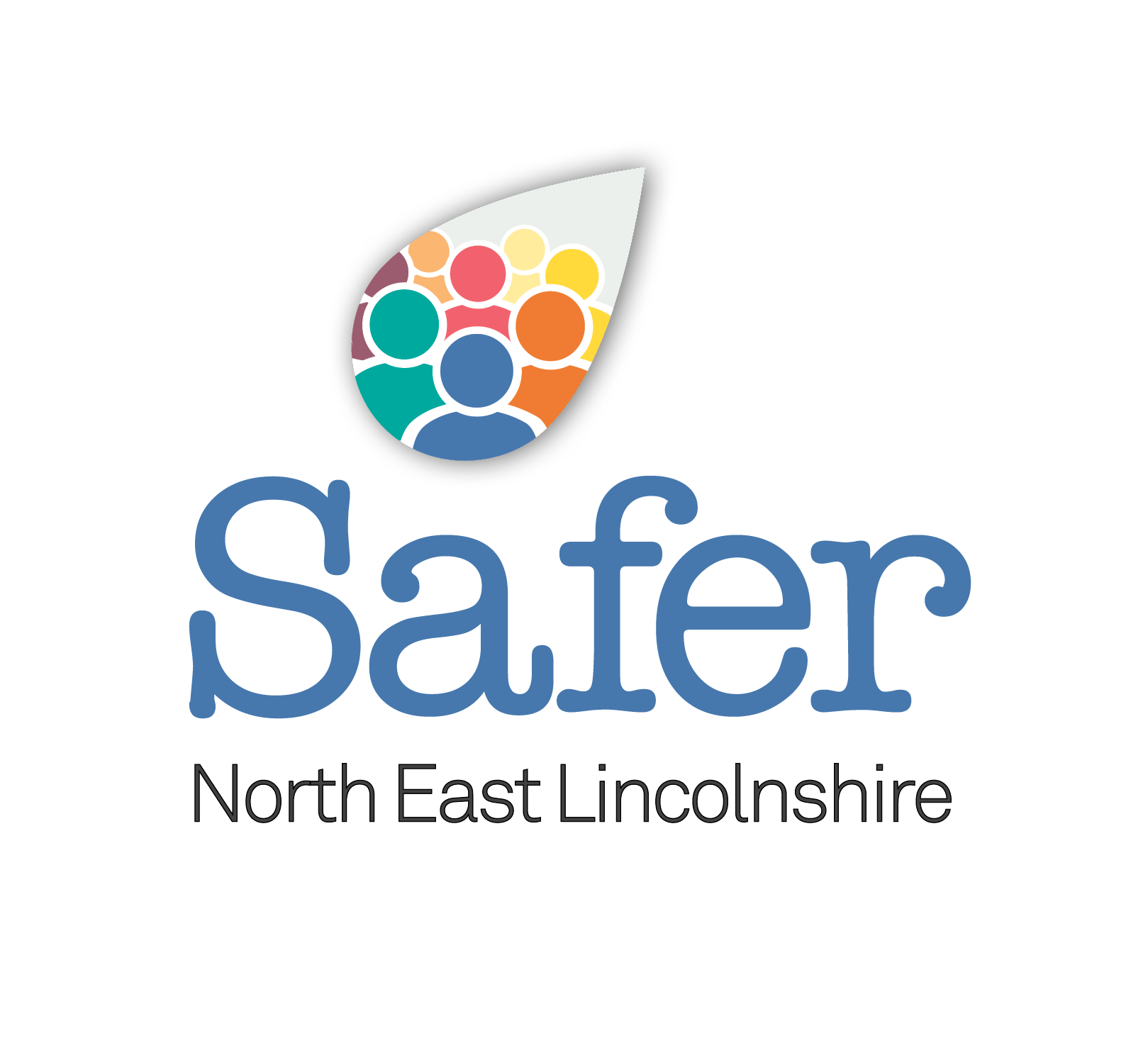Organisation abuse
Institutional abuse is the mistreatment or abuse or neglect of an adult by a regime or individuals within settings and services that adults live in or use, that violate the person’s dignity, resulting in lack of respect for their human rights.
Institutional abuse occurs when the routines, systems and regimes of an institution result in poor or inadequate standards of care and poor practice which affects the whole setting and denies, restricts or curtails the dignity, privacy, choice, independence or fulfilment of individuals.
Formerly referred to as Institutional abuse, Organisational abuse occurs where the procedures and practices of an organisation lead to abuse. This includes neglect and poor care practice within an institution or specific care setting such as a hospital or care home, or in relation to care provided by external organisations within an adult’s own home. This may range from isolated ‘one off’ incidents to on-going and repeated ill-treatment. It can be through neglect or poor professional practice, sometimes as a result of the structure, policies, processes and practices within an organisation.
- Discouraging visits or the involvement of relatives or friends
- Run-down or overcrowded establishment
- Authoritarian management or rigid regimes
- Lack of leadership and supervision
- Insufficient staff or high turnover resulting in poor quality care
- Abusive and disrespectful attitudes towards people using the service
- Inappropriate use of restraints
- Lack of respect for dignity and privacy
- Failure to manage residents with abusive behaviour
- Not providing adequate food and drink, or assistance with eating
- Not offering choice or promoting independence
- Misuse of medication
- Failure to provide care with dentures, spectacles or hearing aids
- Not taking account of individuals’ cultural, religious or ethnic needs
- Failure to respond to abuse appropriately
- Interference with personal correspondence or communication
- Failure to respond to complaints
- What does Organisational Abuse look like?
Symptoms and signs can be, but are not limited to:
- treating adults like children
- arbitrary decision making by staff group, service or organisation
- strict, regimented or inflexible routines or schedules for daily activities such as meal times, bed / awakening times, bathing / washing, going to the toilet
- lack of choice or options, such as food and drink, dress, possessions, daily activities and social activities
- lack of privacy, dignity, choice or respect for people as individuals
- unsafe or unhygienic environment
- lack of provision for dress, diet or religious observance in accordance with an individual’s belief or cultural background
- withdrawing people from individually valued community or family contact
- Inadequate staffing levels
- People being hungry or dehydrated
- Poor standards of care
- Lack of personal clothing and possessions and communal use of personal items
- Lack of adequate procedures
- Poor record-keeping and missing documents
- Absence of visitors
- Few social, recreational and educational activities
- Public discussion of personal matters
- Unnecessary exposure during bathing or using the toilet
- Absence of individual care plans
- Lack of management overview and support
Reporting organisational abuse
Anyone that suspects another professional or adult of abuse or neglect has a duty to refer it to the relevant employer or safeguarding agency to be investigated.
If you need to raise a Safeguarding Adults concern, please call 01472 256 256. This number is available 24 hours a day,365 days a year.
